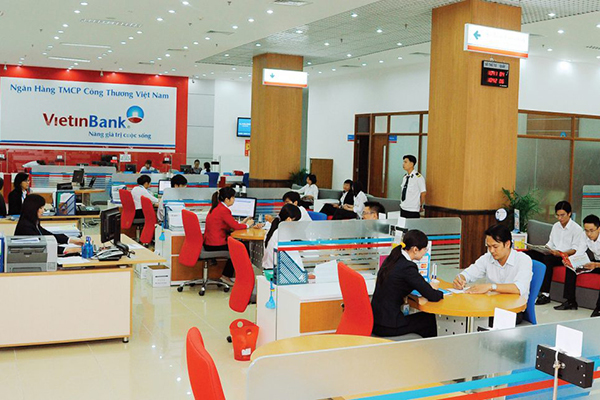 |
Vietnamese banks will find it difficult to attract foreign investors, especially prestigious financial institutions, if the foreign ownership limit (FOL) in the country's banking industry is kept unchanged at 30 percent as it currently stands, experts said.
According to Long Ngo, associate director at the Research Department at Viet Capital Securities, investment trends in the banking industry will depend on when the government lifts the FOL.
The FOL issue will not change if the draft Law on Securities is passed later this year, and would require a separate act from the National Assembly changing the Law on Credit Institutions.
Thus, Long believes, this is not something that will happen this year. If and when the FOL on banks is changed, likely to happen in 2020, there will then be a marked pickup in foreign investment into the banking sector.
Sharing the same view, banking expert Nguyen Tri Hieu said the current FOL of 30 percent on the banking industry isn’t encouraging foreign investors to invest in local banks as they can’t be involved in banks’ decision-making with such holding rate.
To make the country’s finance and banking sector more attractive to foreign investors, Hieu suggested the government should increase the FOL to 49 percent.
Oliver Massmann, general director of international law firm Duane Morris Vietnam, also believes the government should open up more room for foreign ownership in local financial institutions, as the FOL in many lenders has nearly reached the permitted level.
The government should also continue to complete the legal framework for the financial service sector to comply with its commitments under free trade agreements, thus raising investor confidence in the system and their willingness to invest further, he said.
Sustained growth
Besides capital, experts also believe a higher FOL will help local banks lure more foreign participation in the market, which will create opportunities for the banks to acquire experience, management capacity and technology for sustained development.
In a recent proposal sent to the central bank’s Governor Le Minh Hung, the Vietnam Association of Financial Investors (VAFI) said in recent years, Vietnamese banks have made progress in privatization, stock exchange listing and bad debt reduction.
However, VAFI suggested in order to make the domestic banking system truly healthy and sustainable, it was necessary to have a new legal framework to facilitate domestic banks in attracting capital and governance experience from prestigious foreign banks.
Good corporate governance from foreign banks would help prevent bad debts and wrongdoings in the banking system, VAFI said.
To help local banks attract foreign capital, the government should drastically change the shareholder structure in both state-owned and private banks, allowing foreign banks to hold larger shares in domestic banks, VAFI said.
Specifically, VAFI said the foreign ownership cap at well-performing banks should be increased from the current 30 percent to 49 percent.
A foreign bank should be allowed to hold a maximum of 40 percent of a local bank’s charter capital for at least five years. If transferred, the stake must be transferred to another prestigious foreign bank, VAFI said.
According to experts, as the domestic capital market is underdeveloped, Vietnamese banks are in dire need of foreign capital to meet Basel II standards by 2020 as required by the central bank.
Fitch Ratings estimated the Vietnamese banking system could face a capital shortfall of almost US$20 billion, equal to 9 percent of GDP, to meet the Basel Committee on Banking Supervision’s Basel II, known as Basel II for short, standards and increase allowance coverage to a level that reflects underlying asset-quality problems. Hanoitimes
 As the domestic capital market is underdeveloped, Vietnamese banks are in dire need of foreign capital to meet Basel II standards by 2020 as required by the central bank.
As the domestic capital market is underdeveloped, Vietnamese banks are in dire need of foreign capital to meet Basel II standards by 2020 as required by the central bank.